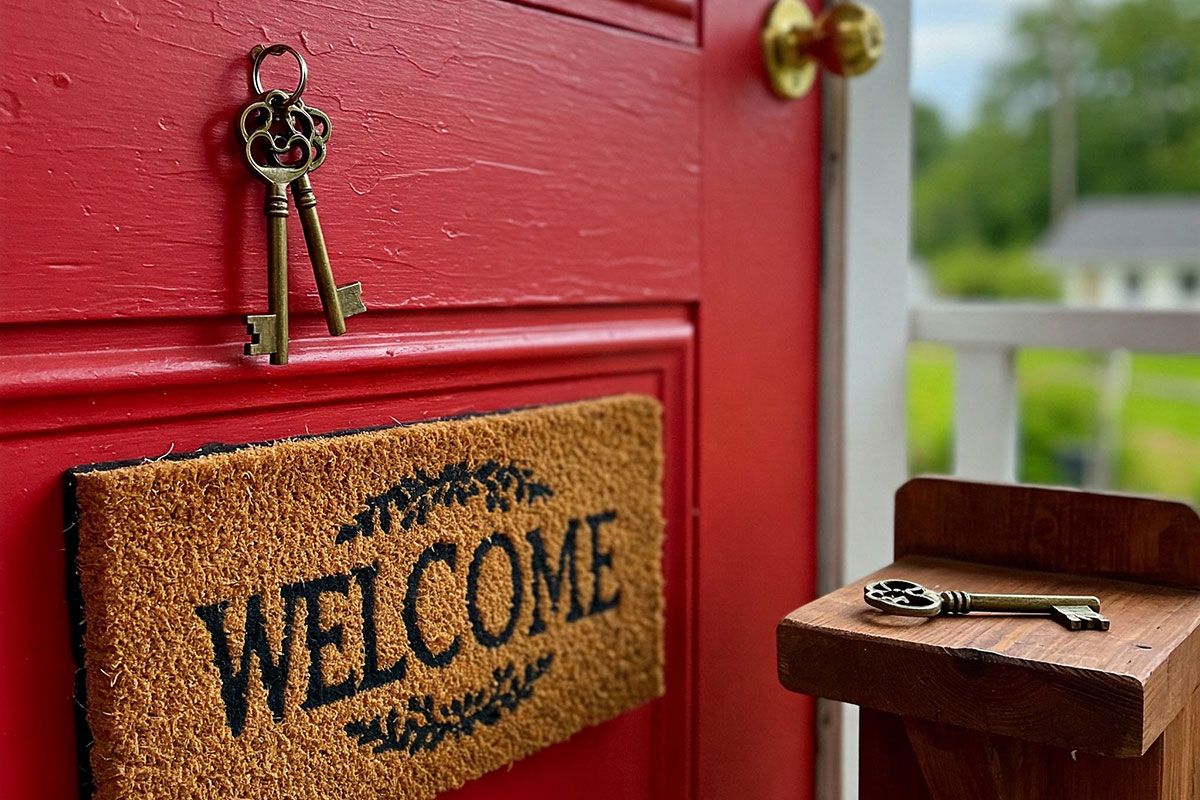Deciding whether to rent or buy a home is one of the biggest financial and lifestyle decisions many people face. While renting can offer short-term flexibility and fewer responsibilities, home ownership has long been considered a key step toward long-term wealth and stability. But the answer isn’t always black and white—it depends on your goals, finances, and stage of life.
Let’s break down the advantages and considerations of each option to help you make an informed decision that aligns with your future.
The Financial Advantage of Homeownership
Owning a home is one of the most powerful ways to build equity and increase your net worth over time. Every mortgage payment you make brings you one step closer to owning an asset that could grow in value year after year.
Benefits of Buying a Home Include:
- Equity growth: As you pay down your mortgage, you build ownership in a valuable asset.
- Appreciation potential: Real estate often increases in value, especially in strong markets.
- Predictable costs: With a fixed-rate mortgage, your monthly payments remain stable over time.
- Tax advantages: In some cases, homeowners may qualify for tax deductions on mortgage interest (consult a tax professional for your region).
Unlike renting, where monthly payments only benefit your landlord, homeownership turns your housing expenses into an investment in your future.
The Flexibility and Simplicity of Renting
Renting offers financial and lifestyle flexibility that can be appealing depending on your current life stage or career path. If you’re not ready to commit to one location or prefer fewer responsibilities, renting might be the right fit.
Advantages of Renting:
- Lower upfront costs: No down payment required—just first and last month’s rent.
- Fewer maintenance responsibilities: Repairs and upkeep are usually the landlord’s responsibility.
- More mobility: Ideal if you’re planning to move in the short term or trying out a new city.
- Access to amenities: Many rental buildings offer gyms, pools, and other perks included in your rent.
That said, rent payments don’t build equity—and rent often increases over time, unlike a fixed mortgage.
Crunching the Numbers: What Can You Afford?
Comparing rent vs. owning isn’t just about monthly payments—it’s about total cost over time. To make an accurate comparison, consider:
- Home purchase price and required down payment
- Mortgage interest rate and monthly principal payments
- Property taxes and home insurance
- Utilities and maintenance costs (often higher for homeowners)
- Potential repair or renovation expenses
- Your current rent and any included utilities or services
A mortgage calculator or real estate professional can help you determine what you can comfortably afford—and whether now is the right time to buy.
Lifestyle Considerations: More Than Just Money
Beyond the financial comparison, your personal goals and lifestyle priorities matter. Some people dream of decorating, customizing, and truly owning their space, while others appreciate the stress-free simplicity of renting.
Considerations When Choosing to Buy:
- Do you want long-term stability and the freedom to customize your space?
- Are you ready to take on maintenance and repairs?
- Are you emotionally and financially ready to commit to a property?
Considerations When Choosing to Rent:
- Are you planning to move or travel within the next 1–3 years?
- Do you prefer low-maintenance living?
- Are you saving toward a down payment but not quite there yet?
Making the Right Decision for You
There’s no one-size-fits-all answer. The right decision depends on your current situation, long-term goals, and personal preferences. If you’re not sure where to start, I’m here to help walk you through the process, explore your options, and connect you with trusted mortgage professionals to map out your best path forward.

